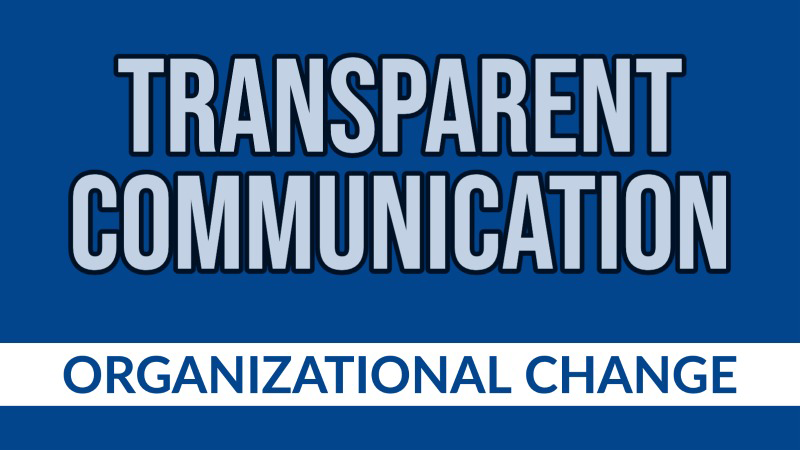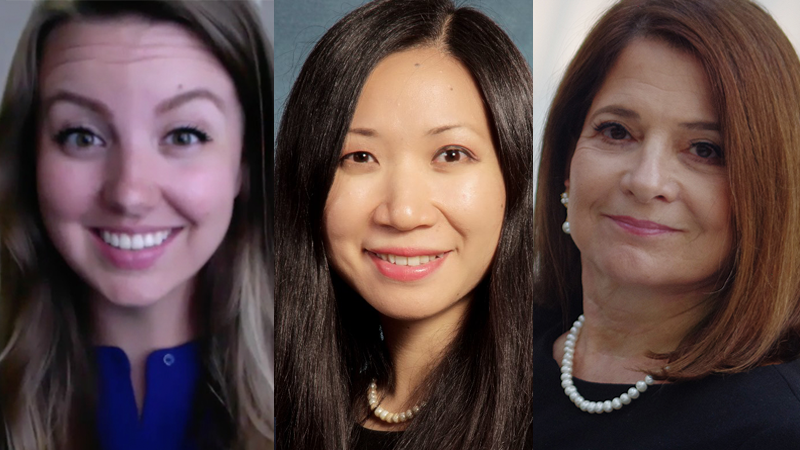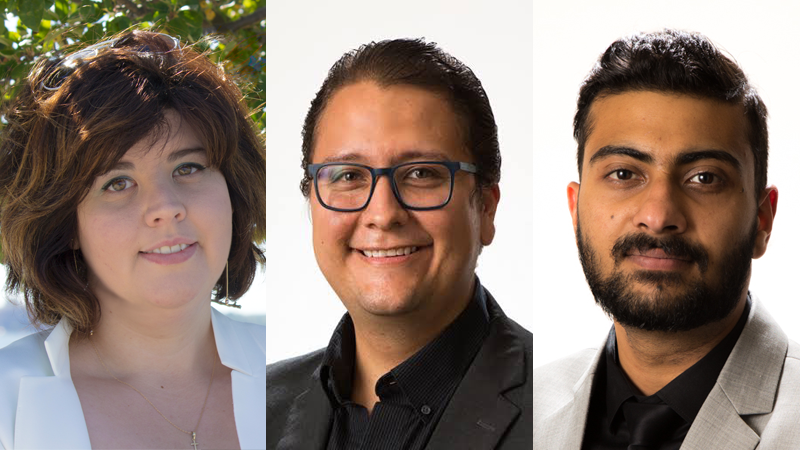
Research in Progress: AI transparency, responsible and sustainable social media
September 21, 2022
By Zhixin (Giselle) Pu and Mike Schmierbach, Penn State University
Social media have become common sources for daily news consumption, and the issue of sustainable credibility and utility for social media has been brought into focus. Previous research tells us that being transparent about algorithms is one solution to improve social media sustainability. It clarifies the responsibility of social media and helps provide a reasonable content curation service to users.
We know, thanks to Eslami et… More

Looking at transparent communication and employees’ assessments of change during COVID-19
September 12, 2022
By April Yue, University of Connecticut, and Justin Walden, North Dakota State University
It feels like change is everywhere these days.
Economic shifts, environmental concerns, social change, and new health issues such as monkeypox and emerging Coronavirus variants have forced organizations to engage in a seemingly constant process of change management.
This, of course, has crucial implications for a number of employee outcomes—and as researchers from an array of disciplines have begun documenting, the arrival of… More

Research in Progress: How Native American communication professionals address their roles in society
September 7, 2022
By Taylor S. Voges (doctoral student), University of Georgia; Yan Jin, University of Georgia; and Shelley Spector, Museum of Public Relations
The United States, very fortunately, houses many different cultures and peoples and, in recent years, people have spoken up on the importance of having and hearing these different voices.
Becoming attuned to voices different from a person’s “normal” is not easy and missteps have been made by people attempting to speak and attempting to listen. This… More

Research in Progress: Minority media and audience portrayals of organizations’ environmental actions
August 30, 2022
By Ioana A. Coman, Texas Tech University, Gabriel Dominguez Partida, Universidad Panamericana, and Nihar Sreepada, Missouri State University
Climate change, or perhaps more accurately, the climate crisis, is already negatively impacting all aspects of human life. The ongoing COVID-19 pandemic, as well as other crises, has been exacerbating these effects.
If, in 1987, we were defining sustainability development as having to meet the needs of the present without compromising the ability of future generations to meet their… More

Research in Progress: Encouraging pro-environmental behavior among women groups in Indonesia
August 24, 2022
By Gregoria A. Yudarwati, Universitas Atma Jaya Yogyakarta, Indonesia
Sustainability communication not only aims to provide a clear and persuasive understanding of sustainable development and of campaigning for its acceptance, but also to involve people in the sustainable development process and encourage them to actively take part in it. Following a societal approach, public relations is perceived of having a significant role to create a space for public debate on sustainability issues.
In spite of this, while… More

Research in Progress: Promoting employees’ pro-environmental behaviors through internal branding
August 15, 2022
By Yeunjae Lee, Ruoyu Sun, and Enzhu Dong, University of Miami
As corporations are under pressure to adopt sustainable practices to overcome the challenges of global warming, water/air pollution, and other environmental issues, embracing environmental responsibility and sustainable strategies has become an important task.
While most corporations have adopted a variety of environmental management practices by focusing on technical/tangible modifications, the implementation of corporate sustainability strategies largely depends on the cooperation and participation of employees — one… More
Older
Newer







